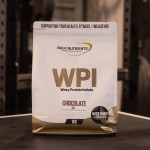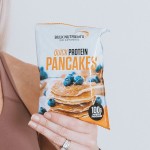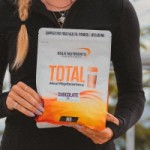Have You Considered Nutrition May Improve Inflammation?

The immune defence mechanism: Inflammation
To commence our journey on understanding where inflammation comes from and why it occurs, we first must understand what it is. As humans, we have two types of inherent protective mechanisms that are ready to protect us from the moment we are born.
We have two types of protection: our innate defences and our adaptive defences. Our innate defences include our surface barriers such as our skin and mucous membranes. Our internal defences include an army of phagocytes (neutrophils, macrophages, and monocytes) and natural killer cells (a pretty cool name for a cell if you ask me).
We also have inflammation, antimicrobial proteins, and our ability to generate a fever as part of our internal defence mechanisms.

What triggers inflammation?
Inflammation is kicked off based on a few different scenarios such as physical trauma (eg: dropping a kettlebell on your foot), intense heat, irritating chemicals, or infection by viruses, fungi, or bacteria. Benefits of having a functional inflammation response include: preventing the spread of destructing chemicals to surrounding areas, getting rid of cellular waste products and other pathogens, alarm signalling to the adaptive immune system, and sets the stage for repair (Marieb and Hoen, 2014).
When periods of inflammation occur, chemicals are released into our bodies. This flood of chemicals released into our extracellular space (outside of cells) is the result of an inbuilt alarm system we have. These cells are released by said injured or stressed tissue cells and by other immune cells. These chemicals include histamine, kinins, prostaglandins, and complement - all of which dilate your arterioles (blood vessels) and make your capillaries (some of your other blood vessels) leakier. As the cascade of physiological responses continues it all leads to [caveat: in a typical healthy individual] healing and tissue repair.
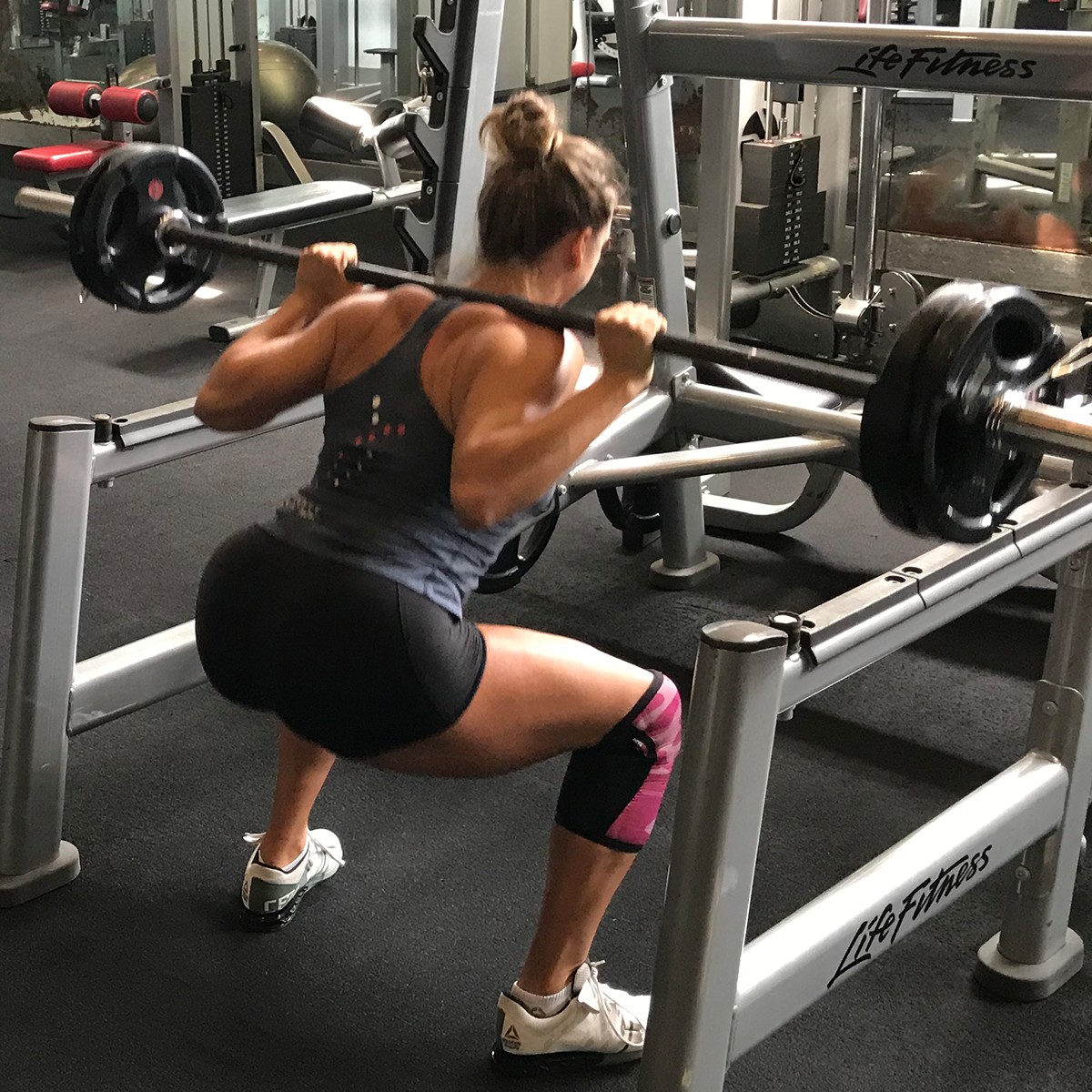
Differences between systemic inflammation and localised inflammation:
Systemic Inflammation is the amount of these inflammatory markers floating around in our blood, which can be predictive of things like cardiovascular disease and some types of cancers.
Localised inflammation is the bodies healing response to small wounds around the body and doesn’t cause inflammation elsewhere – an example of this would be if you walk into a door and get a black eye (or the kettlebell scenario… again). Another example could be if an individual is allergic to gluten and eats gluten (unknowingly usually), they are going to have one angry bowel network resulting in inflammation in that area.
In the world of supplementing a whole food diet and ensuring a person can be confident in knowing there will be no cross-contamination of gluten is a high priority, so they don’t experience this type of inflammatory response. Therefore, abiding by a lifelong adherence to a gluten-friendly diet is important as not to cause long term damage to the bowel (and short-term illness/ nutrition deficiencies).
Additionally, this can still be an important consideration for those who have non-coeliac gluten sensitivity. By accidentally consuming gluten-containing products, is when localised inflammation kicks off. This inflammation causes damage to the mucosal cells and villi of the small intestine, impairing digestion and absorption of many nutrients (Burke and Deakin, 2015). Common symptoms of exposure to gluten are abdominal distension, pain, diarrhoea, constipation, fatigue and nausea.
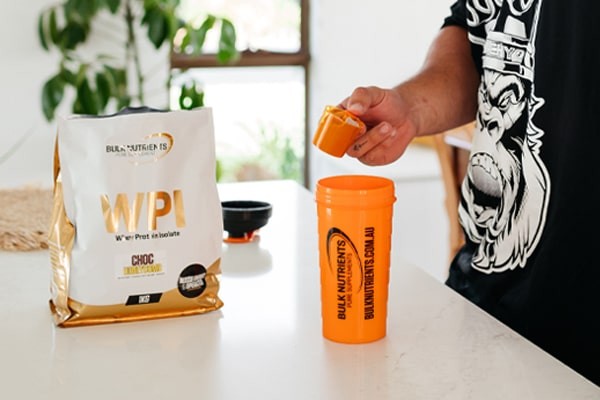
Supplementing for gluten intolerance.
A great supplement to keep in your cupboard is Whey Protein Isolate (WPI). Two reasons for this: WPI can be a versatile supplement in anyone's diet. It's a great addition to homemade pancakes, throw in with a fruit smoothie, or straight up with water for a convenient snack option. Also, knowing confidently there is no contamination of gluten can put a gluten-sensitive or someone with Coeliac Disease’s mind at ease and their gut network happy.
What we know.
Now let’s move on to a more practical example of inflammation and put it into a larger system. If an individual loses weight, inflammatory markers go down, as weight increases, inflammatory markers increase. Losing body water doesn’t count as losing weight - the latter more specifically refers to body fat and lean mass.
Keto Trivia fact:
During the initial phases of a ketogenic diet, a common observable outcome is where the bodies glycogen and water stores become affected and a quick reduction in weight occurs (excludes body fat and lean mass). The ketogenic diet refers to ketogenesis. After about 18 hours your body starts to produce ketones, made by the liver - which becomes the body new primary fuel source. This production of ketones is on the tail end of your body’s response to spare blood glucose because adhering to a strict ketogenic diet is a very low carbohydrate intake (less than 5%), very high fat (70%), and moderate protein (20-25%). Therefore, the body must then turn to fat sources for fuel. This bit of information doesn’t necessarily refer to the Inflammation topic of this article but more draws a relationship between water loss as weight loss in the form of a real-life/practical example.
Inflammatory markers in the meat you eat.
The movie Game Changers (2018) demonstrated how eating meat increased inflammatory markers, which was observed soon after that meal was ingested. Funnily enough, fatty cuts of meat will have this effect however lean meats DON’T increase inflammatory markers. Some very low fat or no fat animal products have shown to decrease inflammatory markers.
What is important to consider is that the short-term changes in inflammatory markers aren’t anywhere near as significant as the long-term changes in inflammation. Therefore, choosing a sustainable diet that can be adhered to in the long term is a priority numero uno.
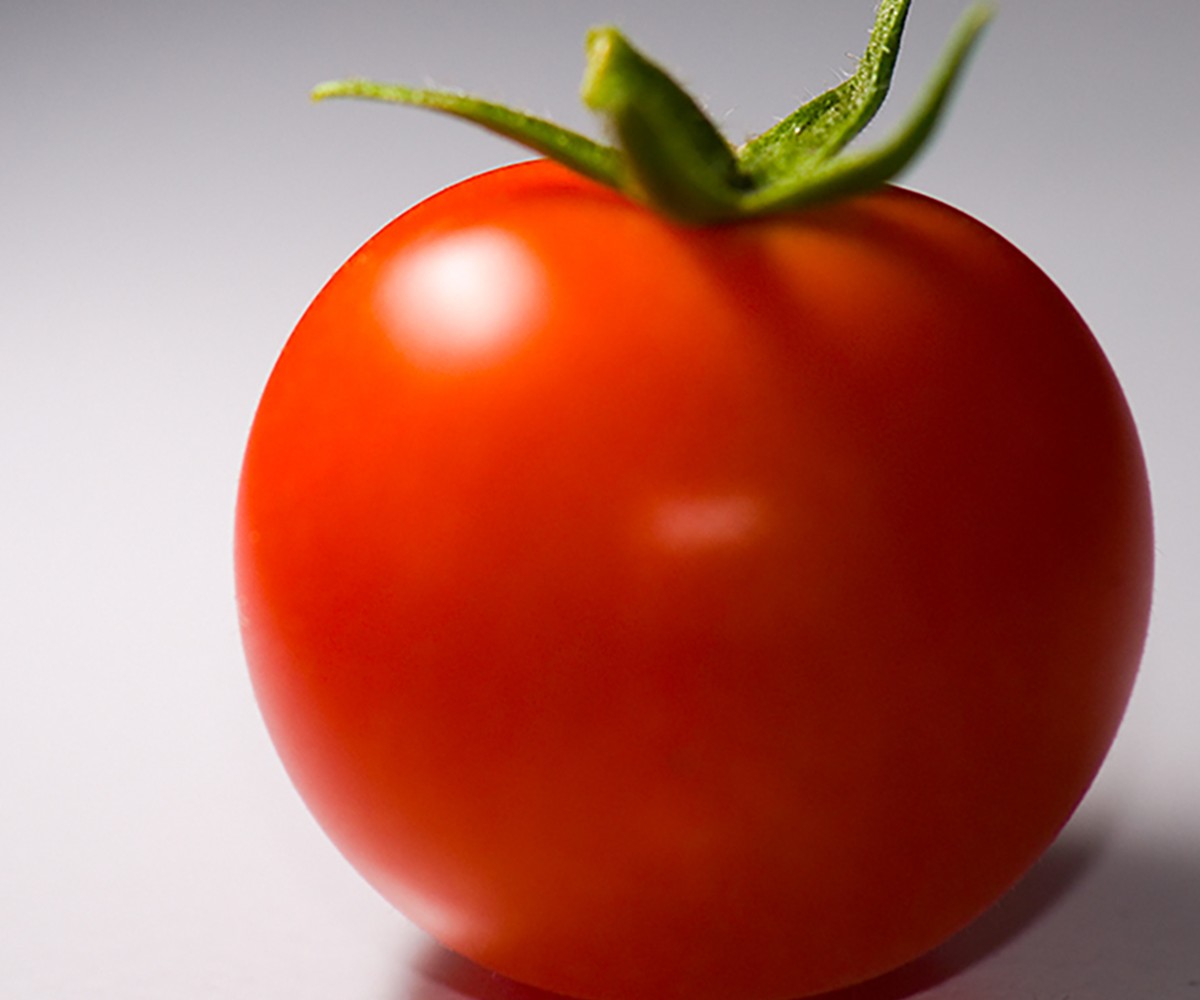
How’s this as a comparison
Exercise in itself acutely increases inflammatory markers; however, in the long term, it helps decrease inflammatory markers. A study conducted by Nieman (1994) found a J-curve relationship between exercise intensity and the underlying immune system and found that moderate-intensity exercise (by recreational and elite athletes) can enhance immune function, lowering the risk of illness. However, in contrast, high-intensity exercise performed repeatedly (typical of a high-level/elite athlete) can transiently lower immune function, therefore leading to an increased risk of illness shortly after exercise.

The benefits of olive oil
Interestingly, a wonderful little benefit of extra virgin olive oil (EVOO) is its innate zero trans-fat composition and a high proportion of monounsaturated fatty acids (about 70%) in the form of oleic acid, with small amounts of poly- and saturated fatty acids. As EVOO is extracted by mechanical means it retains the highest level of nutrients compared to its evil cousins the hydrogenated oils which are made by industrial means. This is where hydrogen is added to oil (typically vegetable oil).
This type of oil is GREAT for shelf-life however, problematic for heart health. By substituting saturated and trans fats with mono- and polyunsaturated fats, there is a correlation that indicates a lower risk of coronary heart disease (Heart Foundation, 2019).
Weight loss decreases inflammatory markers.
Losing a significant amount of body weight (mainly body fat) will bring down your inflammatory markers. This can be achieved using ANY weight-loss methodology. Ketogenic diet? Yep. Low-fat diet? Yep. Atkins diet? Yep. CSIRO diet? Yep. Mediterranean diet? Yep. Fasting? Yep. You get the idea.
What the single most important component of the GREATEST dieting strategy to recognise is, is the one you can adhere to sustainably and fits in with your lifestyle. Full stop. In a world where society moves faster than the days of the week being time-poor seems to be a big predictor of food and drink choices.
This is where appropriate substitution of supplements can be beneficial, for example, Quick Protein Pancakes (a convenient cheeky treat) so if an individual’s diet can be optimised, initially from the whole which inherently contains a variety of micronutrients (vitamins and minerals) and has ample amounts of macronutrients (protein, fat, and carbohydrate), then supplements can have a profound impact.
Another example is Total Meal Replacement - this could be a suitable addition if short on time while still providing 30g protein, 2.5g fat, and 18g carb, per serve.

Max Cuneo is a physiotherapist, nutritionist and sports trainer with a passion for health and wellbeing. He has competed in many sports including sailing and bodybuilding, and is working towards his Masters in Public Health.
More about Max CuneoReferences:
- Burke, L. & Deakin, V. 2015. Clinical Sports Nutrition, North Ryde NSW, McGraw Hill Education.
- Felman, A., 2021. Inflammation: Types, symptoms, causes, and treatment. [online]
- Medicalnewstoday.com. Available at: medicalnewstoday.com/articles/248423
- Heart Foundation 2019. Dietary fat & Heart Healthy Eating.
- Juanola-Falgarona, M., Salas-Salvadó, J., Ibarrola-Jurado, N., Rabassa-Soler, A., Díaz-López, A., Guasch-Ferré, M., Hernández-Alonso, P., Balanza, R. & Bulló, M. 2014. Effect of the glycemic index of the diet on weight loss, modulation of satiety, inflammation, and other metabolic risk factors: A randomized controlled trial. AM J CLIN NUTR, 100, 27-35.
- Marieb, E. N. & Hoen, K. N. 2014. Human Anatomy & Physiology, Edinburgh Gate, Harlow, Essex, Pearson.
- Markova, M., Pivovarova, O., Hornemann, S., Sucher, S., Frahnow, T., Wegner, K., Machann, J., Petzke, K. J., Hierholzer, J., Lichtinghagen, R., Herder, C., Carstensen-Kirberg, M., Roden, M., Rudovich, N., Klaus, S., Thomann, R., Schneeweiss, R., Rohn, S. & Pfeiffer, A. F. 2017. Isocaloric Diets High in Animal or Plant Protein Reduce Liver Fat and Inflammation in Individuals With Type 2 Diabetes. Gastroenterology, 152, 571-585.e8.
- Nieman, D. C. 1994. Exercise, upper respiratory tract infection, and the immune system. MED SCI SPORT EXER, 26, 128-139.
- Publishing, H., 2021. Foods that fight inflammation - Harvard Health. [online] Harvard Health. Available at: health.harvard.edu/staying-healthy/foods-that-fight-inflammation
- Rosenbaum, M., Hall, K. D., Guo, J., Ravussin, E., Mayer, L. S., Reitman, M. L., Smith, S. R., Walsh, B. T. & Leibel, R. L. 2019. Glucose and Lipid Homeostasis and Inflammation in Humans Following an Isocaloric Ketogenic Diet. OBESITY, 27, 971-981.
- Toshiyuki, W., Hikaru, K., Hirohiko, N., Kaori, K., Yoko, E., Yusuke, O., Masae, Y., Eri, K., Yiping, Y., Saeko, A., Tomohiro, A., Koichi, M., Hitoshi, I., Haruo, N., Kuniro, T., Toshiyuki, K. & Ikuro, A. 2011. Furan fatty acid as an anti-inflammatory component from the green-lipped mussel Perna canaliculus. P NATL ACAD SCI USA, 108, 17533-17537.
- Zwickey, H., Horgan, A., Hanes, D., Schiffke, H., Moore, A., Wahbeh, H., Jordan, J., Ojeda, L., Mcmurry, M., Elmer, P. & Purnell, J. Q. 2019. Effect of the Anti-Inflammatory Diet in People with Diabetes and Pre-Diabetes: A Randomized Controlled Feeding Study. J Restor Med, 8.
Related Blogs

Coeliac Disease - What is it? Who does it effect? How is it treated?
Posted by Max Cuneo
Estimated reading time: 10 minutes
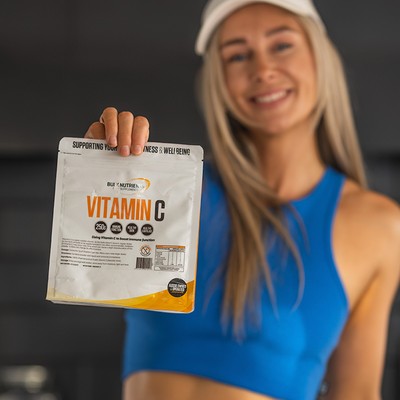
Can Supplements Like Vitamin C Help Me When I’m Sick?
Posted by Ben Crowley
Estimated reading time: 5 minutes
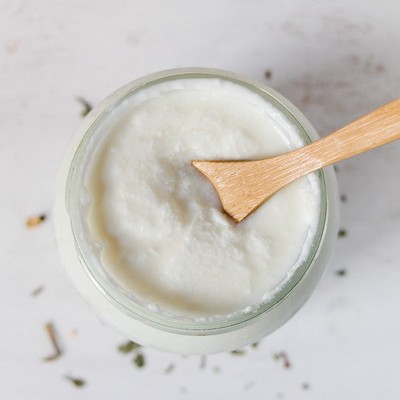
What Are Probiotics and Why Should You Take Them?
Posted by Ellie Hearn
Estimated reading time: 3 minutes
